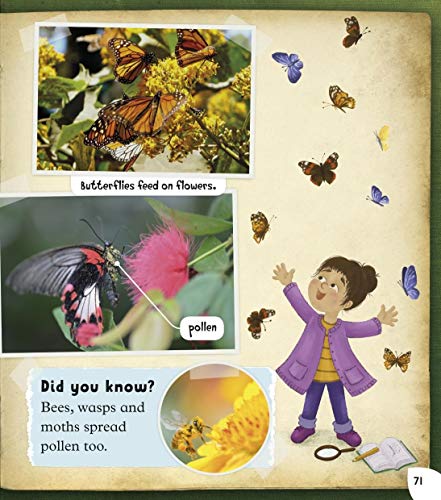As a parent of two primary-age children, working from home in these unprecedented times has taken a little bit of adjustment – especially when combined with supporting my children’s learning.
As parents, we have all been thrust into this temporary role of home educator. This can be daunting but, when it comes to keeping your child’s maths skills on track, it is important to remember that maths is everywhere. We don’t need to worry too much about supervising lots of formal tasks, regardless of the ages of our children, because maths can be active and fun!
Keeping maths skills going at home
We all feel different levels of confidence around supporting our children with their maths work, but no parent is expected to become a maths expert right now. Just having your child thinking about and using maths in real-world contexts will help keep their skills ‘simmering’ whilst away from school.
With that in mind, here are some simple and effective opportunities for exploring maths together while you’re stuck at home.
1. Maths at meal times
Meal times provide a wealth of maths opportunities. Getting involved in food preparation, cooking, and serving can help children practise maths skills like counting, measuring, and using ratios.
Young children can be encouraged to set the table for the right number of people – ask them to find the correct number of items such as plates, glasses, and cutlery. Older children could work out how long dinner will take to make, scale up a recipe for more people, or accurately weigh out ingredients.
2. Talk about the weather
The weather is a great topic to bring maths into the real world. Why not watch and discuss weather reports together to see how maths can help to describe what is going on around us?
Your child could try keeping a weather chart. Younger children might want to record each day as sunny, cloudy, rainy, and so on. As the chart grows, you can encourage them to talk about how many sunny days there have been, or how many more sunny days than rainy days we have seen in the last couple of weeks.
Older children can record temperatures, look at where is warmest or coldest, or calculate how many degrees colder/warmer it is in one city compared to another. What kinds of conclusions can they draw from their data? Are there any interesting patterns?
3. On a walk
When taking a walk, ask young children to look out for and keep count of how many birds or cars they spot. Older children can think about and estimate how many steps the walk might take, how far you are going, and how long it will take. Most smartphones will be able to record this kind of information for you, so you can check how accurate their estimates were!
Take a look at this video for some more ideas for incorporating maths into your walks:
Video: Discovery walks
Find out how a discovery walk is full of opportunities for outdoor learning. Educational author and parent Isabel Thomas shares her activity ideas.
4. Playing sports
With young children, try passing a ball in the garden and counting how many times you can pass it before it is dropped. (This can work just as well inside with some balled-up socks – so long as no-one is throwing too hard!) Can you beat your score?
Challenge older children to complete a certain number of actions in a minute – for example, how many star jumps can they do? – and keep track of their score over several rounds. Then, they can use the data to identify the best round they had. If they’ve already learnt about averages, they could work out the average number of actions per minute across all the different rounds.
5. Story time!
Finally, bring maths into story time. Look at words about position in picture books, asking questions like ‘What is behind the boy?’ and ‘What can you see under the table?’. This can help young children to think about space, shapes, and position.
You could also try counting and looking for numbers in your child’s favourite storybooks. For example, ‘How many biscuits can we see?’ or ‘How many times did the dog woof?’ Ask older children to look at how many pages there are in a chapter/book. How long will it take them to finish if they read five pages per day?
Be sure to keep an eye out for other chances to practise maths, and remember – it doesn’t need to feel like a formal lesson to be a good maths learning opportunity!

